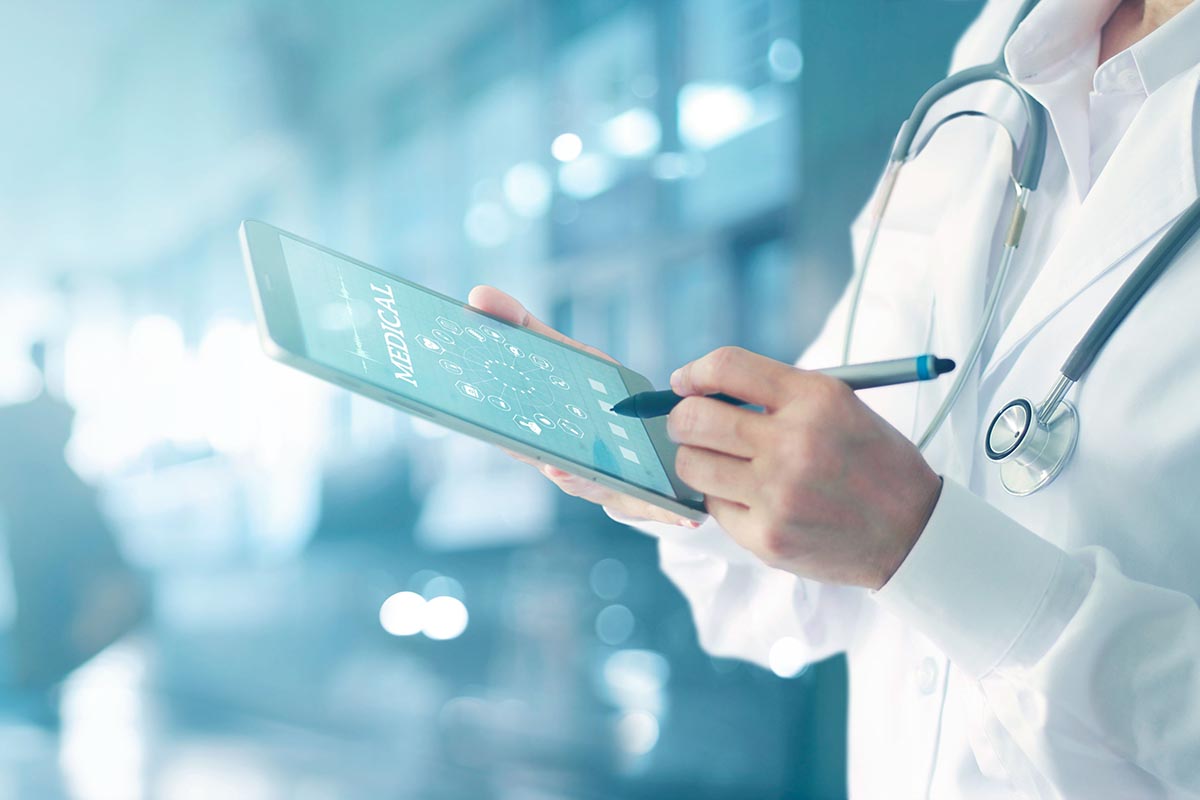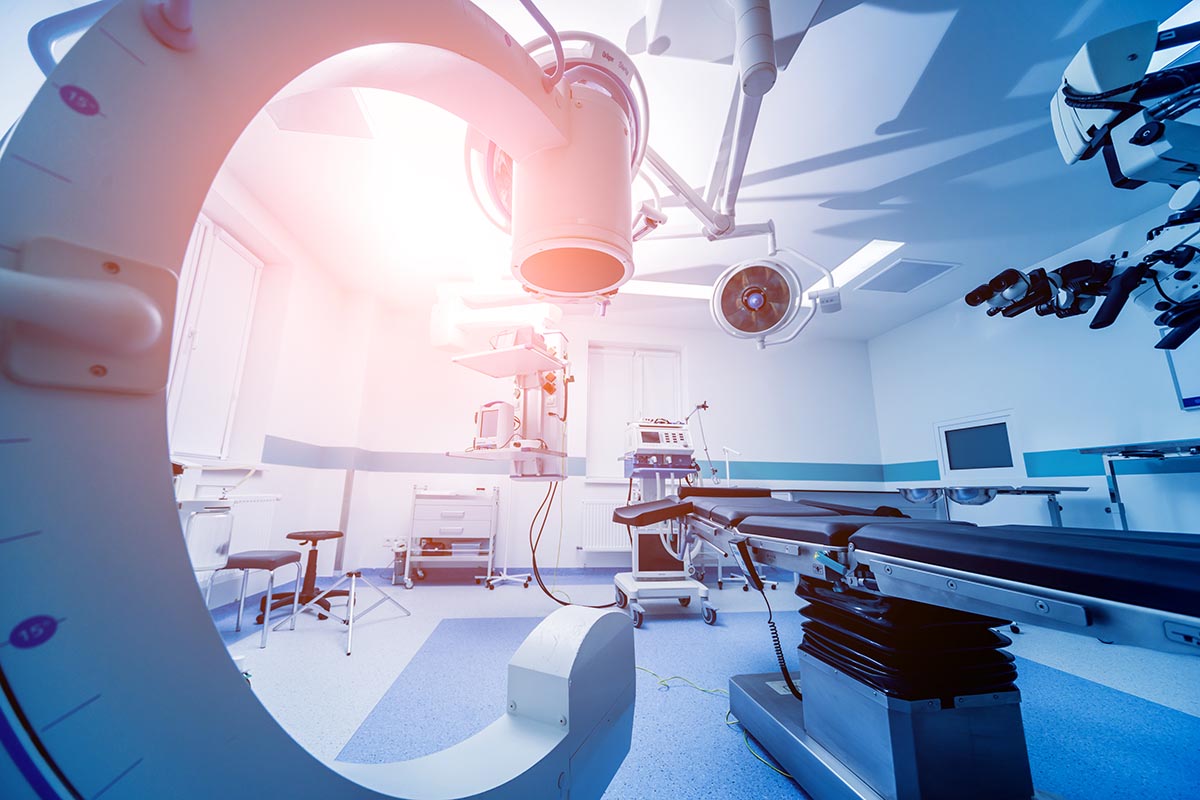Importance of Cybersecurity in Medical Devices
The Software as a Medical Device (SaMD) industry has grown tremendously in recent years. As medical devices become more advanced and connected, the industry needs to ensure that these devices are cyber-secure. All technologies can be vulnerable to cybersecurity threats and attacks—and medical devices are no exception. The healthcare industry has long been the target of cyber-attacks due to the lucrative nature and the amount of sensitive data it possesses.
This includes everything from personally identifiable information (PII), patient health information, product performance data, and data from other devices connected to the same network. Local organizations looking for robust Healthcare Cybersecurity Services should consult with the experts at IT Support Kentucky.
Unfortunately, the healthcare industry does not have an excellent track record of protecting patient data from criminals. A record number of data breaches occurred in 2021, and for an unbelievable 11th consecutive year, the healthcare industry experienced the highest average cost related to data breaches at $9.23 million. Especially with high-stress events like the pandemic that tested the limits of our healthcare systems, cybercriminals found a huge opportunity to exploit health information.
The gravity of the situation can perhaps be best demonstrated by the inability of the NHS to protect its data from the WannaCry ransomware attack that could have been easily averted by following basic IT security practices. In 2022 and going forward, there will be far worse strains of malware than WannaCry, and healthcare organizations need to be able to defend themselves.
The digitization of healthcare systems Is another reason companies need to be proactive regarding the cyber security of medical devices. Healthcare organizations have started using multiple health monitoring systems such as EHR programs, radiology information systems, practice management systems, e-doctor systems, clinical support systems, and physician programs.
With Iota spreading to diverse fields, it can be expected that more and more medical devices will start using network connection technology for mobile and remote healthcare. This will also make it mandatory for regulators and manufacturers to pay attention to the cybersecurity of medical devices as it continues to grow in importance and focus.
The Importance of Cybersecurity in Medical devices
Compliance
To sell medical devices in major markets such as the United States, the European Union, China, Australia, and the United Kingdom, companies must comply with regulations.
The European medical device regulation requires cybersecurity in annex I under the “general safety and performance requirements.” The Food and Drug Administration provides cybersecurity guidelines in guidance documents such as “Postmarked Management of Cybersecurity in Medical Devices” and advice on how to fulfill these requirements.
Unauthorized Access
The safety of patients depends on the security of medical devices. If these devices are not properly secured, injuries or deaths could result. An attacker could cause a device to malfunction intentionally, potentially fatal consequences for the patient.
Or an attack could put the availability and access to treatment at risk, leading to delayed medical care and potential harm to the patient. To protect patient data from external manipulation, consider reaching out to the security experts at Healthcare Cybersecurity Services.
Connected Medical Devices
The advent of connected medical devices has brought new opportunities to the medical device industry, but it has also created challenges for data privacy in light of the global data protection regulations. These devices store and transmit very sensitive medical information that companies must protect at all costs.
The data stored and shipped by such devices also come under strict regulation, as dictated by the EU’s GDPR, the U.S.’s CFR 164.312, or the UK’s DPA18. As IoT proliferates across fields, connected medical devices are likely to become a mainstay of our everyday lives. The whitening attack surface will also increase the number and severity of vulnerabilities that these devices can potentially be exposed to.
Post courtesy: Systems Solutions, IT Support Provider in Clarksville & Evansville




















